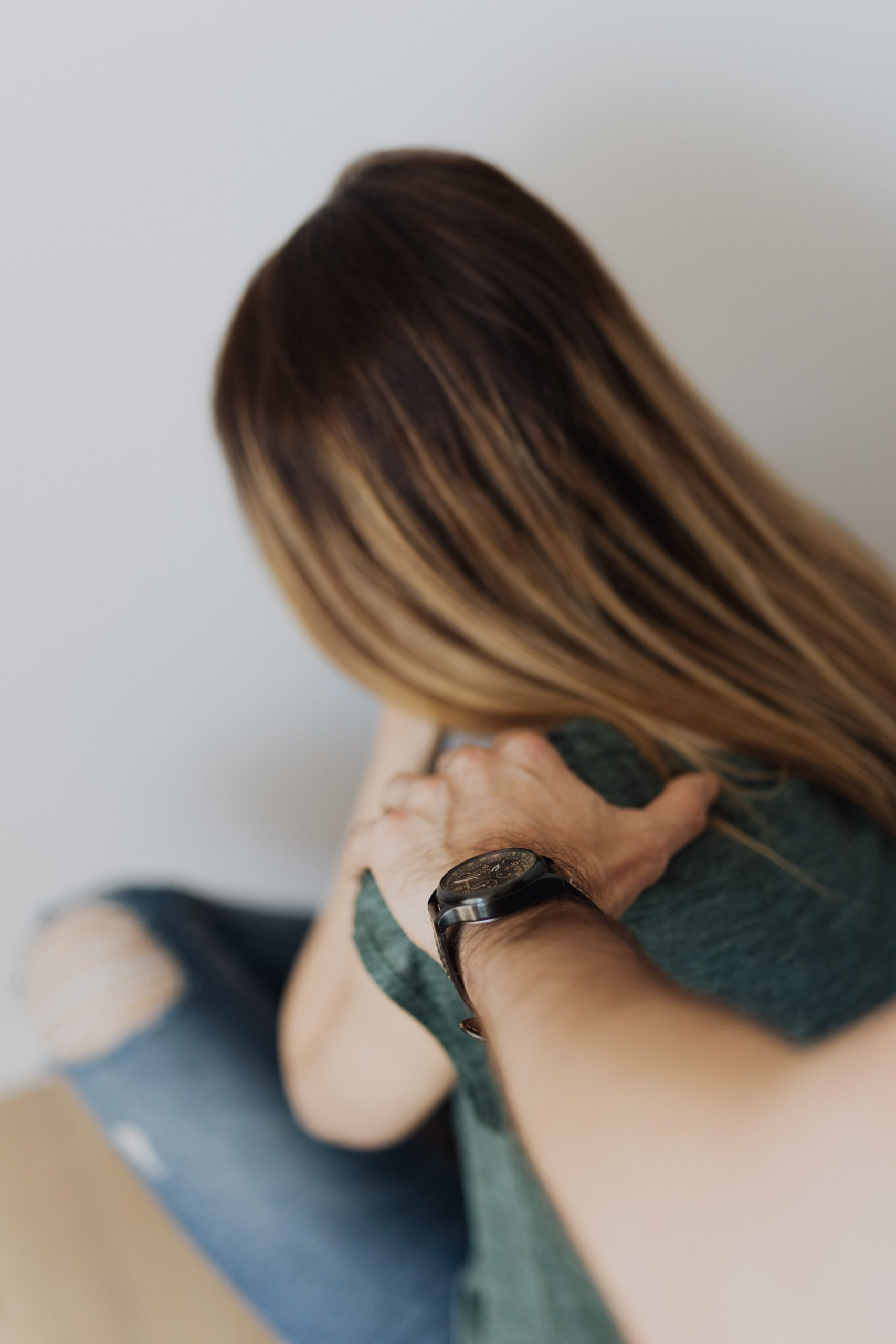Hello,
My name is Charlotte and I am the Principle Investigator for the Clare’s Law experiences project. I am really excited to get started on this research, which finally offers opportunity to consult women about their experiences of using domestic violence disclosure schemes (DVDS).
I have researched violence towards women and the effects of laws enshrined to protect them for several years. Although it is important that legislation is put in place to tackle abuse, laws do have associated limitations and can have unintended consequences.
The DVDS, also known as ‘Clare’s Law’ in memory of Clare Wood who was murdered by a partner with a known history of violence, was rolled out in England and Wales in 2014. It allows police to disclose normally confidential information about a person’s criminal history to someone deemed at risk of future abuse, with the view that this will help them make more informed choices about their safety.
Under the DVDS, police can provide victims with information where they believe it will help safeguard them from future abuse, or in response to a request for disclosure by victims themselves. The DVDS has fast become established as a routine tool of domestic abuse safeguarding in England and Wales, with the number of disclosures made doubling from 3,410 in the year ending March 2017 (Office of National Statistics, 2017) to 6,583 in the year ending March 2019 (Office of National Statistics, 2019).
However, there are a number of issues with the implementation of such schemes. First, some police force areas are more likely to use Clare’s Law than others, leading to justice by geography. Second, approximately 80% of domestic abuse victims do not call the police about their experiences of abuse (ONS, 2018), so the absence of information to disclose about an individual does not necessarily mean there is no history of violence to disclose in reality. Third, Marian Duggan’s (2018) research has identified issues with practitioners engaging in ‘deserving’ and ‘undeserving’ victim narratives when supporting victims of domestic abuse who were given information via the DVDS, but remained in the relationship with their partner. Finally, there are issues associated with engaging hard to reach groups with DVDS, particularly ethnic minority and disabled victims. These issues are particularly significant, given the Domestic Abuse Bill (2020) plans to put these schemes on a statutory footing.
But there has been no research to date that has involved asking victim/ survivors about their experiences of these schemes or their efficacy. To address these gaps in understanding, I am leading a British Academy funded research project, aiming to explore female victim/ survivors experiences of Domestic Violence Disclosure Schemes (Clare’s Law). Victim/survivors voices are often silenced and, with this research, we want to ensure they have the opportunity for their experiences and perspectives to be heard. I am collaborating with Professor Sandra Walklate, from the University of Liverpool and Monash University and Dr Nicole Renehan (Research Associate) on this project.
We are hoping to speak with women about their experiences and perceptions of Clare’s Law. We would like to speak with:
- Women who have used Clare’s Law
- Women who chose not to access information available via Clare’s Law
- Practitioners working with victim/survivors with knowledge of Clare’s Law
Find out how you can get involved by heading over to the ‘get involved’ page.
Thanks!
Charlotte
